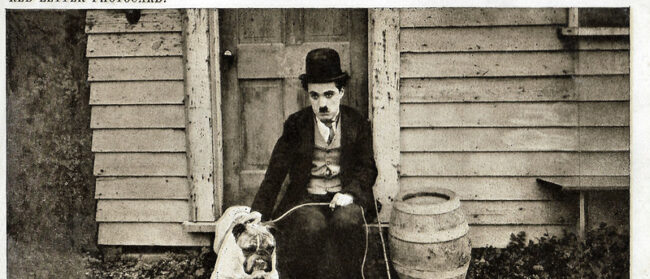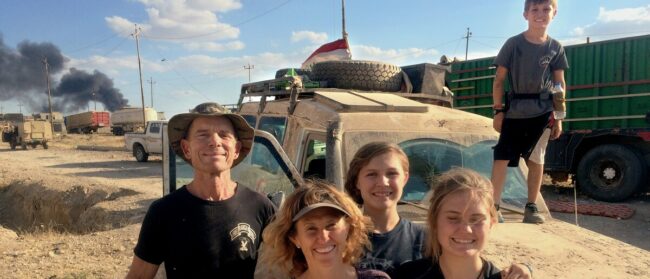They are living on one of Thailand’s most famous island getaways, but high, white walls layered with barbed wire ensure that the female inmates of Samui Prison can’t enjoy the view.
Stark and small, the prison cells may be cramped – about 20 women sleep on bedrolls in a five-metre by five-metre space and share one toilet – but since prison commander Arkom Mhuamyam implemented several rehabilitation programmes, life has become a little more colourful.
Two years ago he initiated a series of vocational training projects, which included batik printing, massage, yoga, cooking and interior design. The training gave the prison a splash of paint and equipped the women with skills that could be used to find employment upon release.
Challenging traditional views on incarceration, rehabilitation projects were first introduced by Thailand’s Department of Corrections a decade ago and have been proven to reduce the number of repeat offenders. Women account for 14% of Thailand’s 212,000 inmates – the majority of whom are serving time for breaking the country’s harsh narcotics law – and many have children or gave birth while incarcerated. As such, commander Arkom Mhuamyam also created a mother-child unit where pregnant women and mothers with infants can live in a child-friendly environment, free from the risk of infection.
The first rehabilitation project in Thailand trained male prisoners in Bangkok as golf caddies and the successful initiative has since branched out in many directions at several prisons across Thailand.
Brent Lewin is a Canadian photographer based in Bangkok. His work has been featured in publications such as National Geographic, The New York Times and Newsweek. Photo District News (PDN) also selected Lewin as one of PDN’s 30 photographers in 2010. More of his work can be viewed at brentlewin.com









